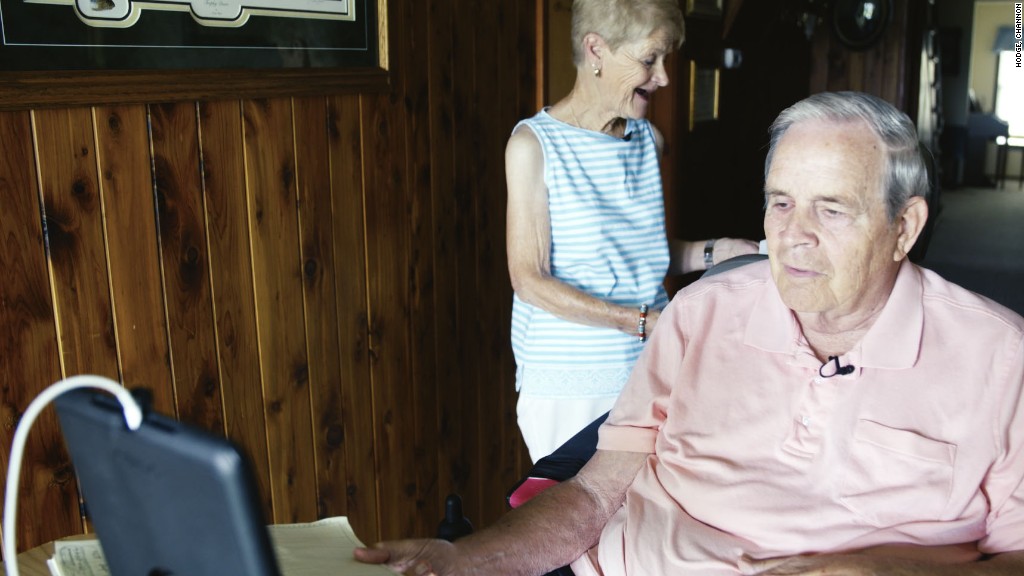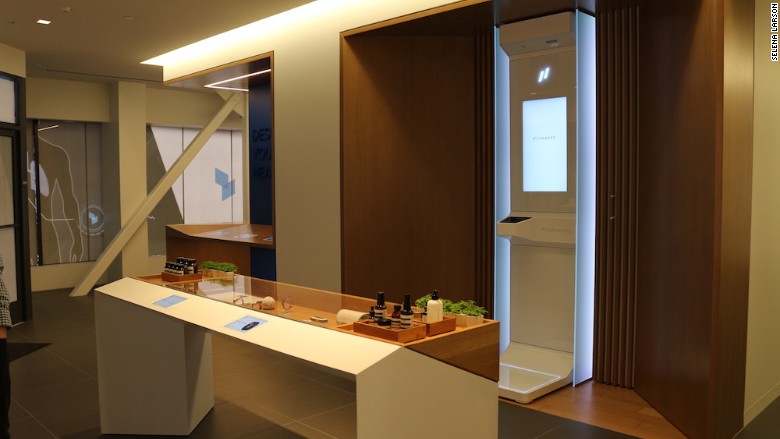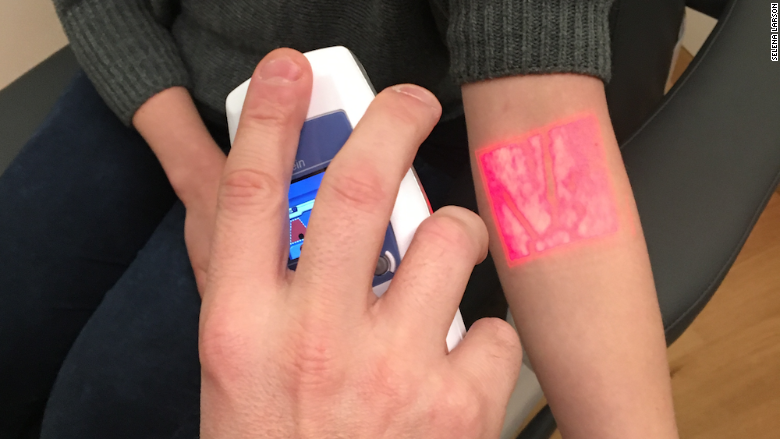
It felt like a check-up from the future.
Instead of a receptionist, the foyer at Forward's San Francisco doctor's office features a glass case full of Fitbits and connected blood pressure cuffs, iPads, and an inconspicuous body sensor.
Sensors and technology are baked into care, and Forward, which opens Tuesday, has doctors and nurses who are on call 24/7.
Founded by former Googler and AI pioneer Adrian Aoun, Forward is designed to be a primary care facility, including services for women's health. It has four doctors in-house and will refer patients who need further care to an outside network.
The company has the Silicon Valley ethos of using software to solve problems, and it's got Valley hotshots involved. Early Uber product lead Ilya Abyzov is Forward's cofounder, and its first doctor, Aaliya Yaqub, helped build Facebook's onsite clinic.
Membership costs $149 per month. The firm equates its pricey services to that of a monthly gym membership, where you get unlimited visits.
"Imagine a doctor's office that looks and feels more like an Apple Store than doctor's office, where everything works with each other," Aoun said. "You get a doctor's office that learns and gets better over time."
Related: The $54 million hospital without any beds
On your first visit, you get a baseline screening. The three part on-boarding process includes standard information like blood pressure and weight, but Forward factors in blood and a genetic testing, too. Blood tests take about 12 minutes and happen onsite. A DNA spit test screens for increased cancer risk based on your genetic structure.
The first physical test takes about 45 seconds -- I stepped on the body sensor in the lobby, placed two fingers into pulse sensors and watched a screen serve up my personal information, right down to my pulse oximetry. (Which, at 100%, Aoun said was excellent.)

The screening continues in a private room, where you change into workout clothes instead of traditional paper gowns, and light sensors above your veins make it easier to draw blood.
Your personal data gets fed directly onto a large touchscreen on the wall and a doctor walks you through things like fitness, blood, sleep, mental health and cancer risk. Sensor-equipped stethoscopes even visualize your heartbeat.
Doctors are assisted, in part, by an artificially intelligent system that collects and analyzes data. For instance, if two patients received the same diagnosis, but different medications and different results, the software would learn that and suggest the more successful solution next time.
Your care doesn't stop when you leave the office. An app lets you chat with doctors and get meal plan suggestions. It also integrates with your activity and health trackers so doctors can assign sensors to track specific issues, like blood pressure or glaucoma.
The facility and the app are HIPPA compliant
Related: Oscar Health opens brick and mortar space in Brooklyn
Health spending in the U.S. continues to grow, and healthcare costs account for almost 18% of the country's GDP. Preventative care can save money and time.
Aoun was inspired by his own family's brush with emergency medical problems. He founded the company after a young family member suffered a heart attack and Aoun spent thousands on the hospital stay while not fully understanding how the hospital bureaucracy and data sharing worked.
Aoun said Forward is unlikely to be affected by Republican plans to repeal the Affordable Care Act.
"If anything, the whole Obamacare national conversation has caused people to take a little more ownership of their health and say, 'I actually want to make plans,'" Aoun said.

Concierge medicine is not a new idea -- One Medical, for instance, is a popular boutique doctor's office that costs $149 per year, and data-driven healthcare is a growing trend. IBM's Watson is working with clinics around the world to optimize diagnoses, and health insurance startup Oscar recently opened a brick-and-mortar space in Brooklyn.
Joshua Kushner, cofounder of Oscar (and an in-law to president-elect Donald Trump), is also an investor in Forward. Forward did not disclose how much it has raised.
The startup also provides care to people who can't afford the $149 fee. Fifteen percent of its members will be sponsored and come from local organizations representing the underserved San Francisco community.

